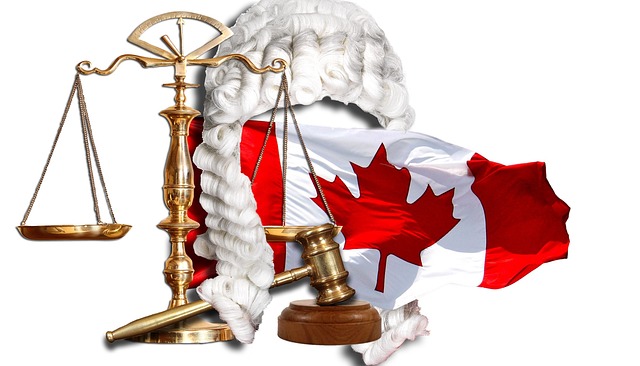Contempt of court cases require skilled legal representation to navigate complex laws and procedures, ensuring fairness. Legal enforcement is pivotal in maintaining court order, with lawyers employing strategies like formal notices and specific performance orders to resolve disputes efficiently. They facilitate communication, simplify jargon, and guide clients through potential fines or imprisonment, demonstrating the critical role of legal expertise in contempt matters.
Contempt of court, a serious matter with significant consequences, often arises from misunderstanding or willful disregard for judicial authority. This article guides you through navigating these complex disputes, emphasizing the pivotal role of legal expertise in resolution. We explore effective strategies for legal enforcement, empowering individuals and entities to address contempt issues proactively. Learn how specialized knowledge can mitigate potential fallout, ensuring fairness and justice while avoiding lengthy legal battles. Discover key tactics for success in resolving contempt disputes with professionalism and efficacy.
- Understanding Contempt of Court: Causes and Consequences
- The Role of Legal Expertise in Resolving Contempt Disputes
- Effective Strategies for Legal Enforcement in Contempt Cases
Understanding Contempt of Court: Causes and Consequences

Contempt of court is a serious legal issue that arises when an individual or entity fails to comply with a court order or engages in conduct deemed disrespectful or obstructive to the judicial process. It can be caused by various factors, including willful disobedience, failure to attend hearings, non-compliance with injunctions, or even making false statements in legal documents. The consequences of contempt can be severe, ranging from fines and imprisonment to the enforcement of legal remedies.
In many cases, contempt disputes involve complex legal issues that require the expertise of a qualified lawyer. Legal professionals play a crucial role in guiding clients through the process, ensuring they understand their rights and obligations. They may also assist in negotiating settlements or representing clients during contempt hearings, advocating for the fair application of legal enforcement measures.
The Role of Legal Expertise in Resolving Contempt Disputes

In the intricate dance of resolving contempt disputes, legal expertise plays a pivotal role, serving as a guiding beacon in navigating complex legal landscapes. This is particularly crucial when dealing with issues related to legal enforcement, where precision and understanding of applicable laws are essential. Legal professionals bring a depth of knowledge that helps parties understand their rights and obligations, ensuring a fair and just resolution.
They facilitate communication between contending parties, often acting as mediators who can interpret legal jargon and complex regulations. This demystifies the process, fostering an environment conducive to collaborative problem-solving. Ultimately, their expertise streamlines the dispute resolution process, enabling efficient and effective outcomes, whether through negotiation, mediation or more formal legal proceedings.
Effective Strategies for Legal Enforcement in Contempt Cases

In contempt disputes, effective legal enforcement is paramount to ensuring respect for court orders and resolutions. Lawyers play a crucial role in this process by utilizing specialized strategies tailored to each case. One powerful approach involves issuing formal notices, clearly outlining the alleged contempt and potential consequences. This step provides a chance for the parties involved to rectify the situation without further legal intervention.
Additionally, lawyers can request specific performance orders, which mandate the non-contemner to fulfill certain actions. In cases where monetary penalties are appropriate, meticulous documentation and evidence collection are essential. Courts often rely on these records to assess the severity of contempt and determine proportional fines or other sanctions, thus upholding the integrity of legal processes.






